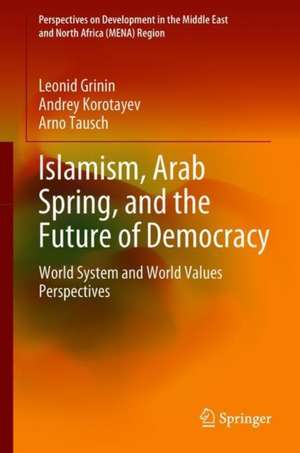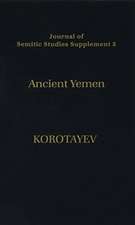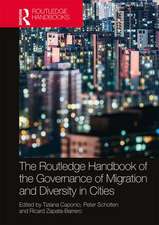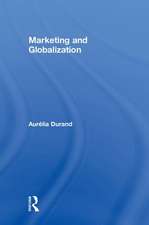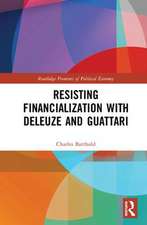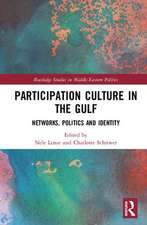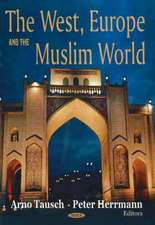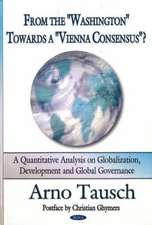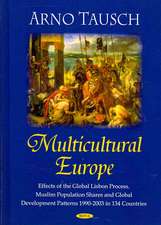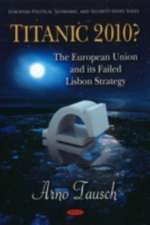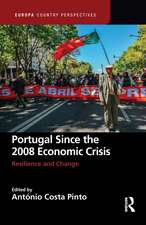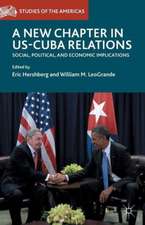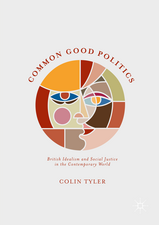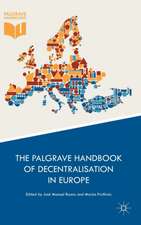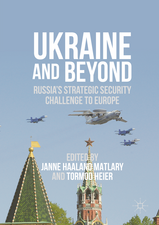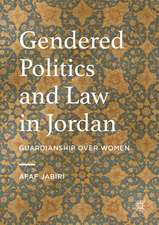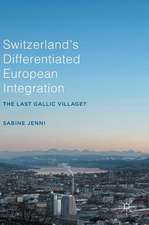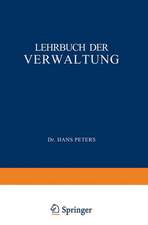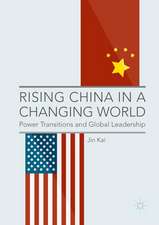Islamism, Arab Spring, and the Future of Democracy: World System and World Values Perspectives: Perspectives on Development in the Middle East and North Africa (MENA) Region
Autor Leonid Grinin, Andrey Korotayev, Arno Tauschen Limba Engleză Hardback – 6 oct 2018
| Toate formatele și edițiile | Preț | Express |
|---|---|---|
| Paperback (1) | 588.18 lei 6-8 săpt. | |
| Springer International Publishing – 10 ian 2019 | 588.18 lei 6-8 săpt. | |
| Hardback (1) | 651.02 lei 6-8 săpt. | |
| Springer International Publishing – 6 oct 2018 | 651.02 lei 6-8 săpt. |
Din seria Perspectives on Development in the Middle East and North Africa (MENA) Region
-
 Preț: 308.70 lei
Preț: 308.70 lei - 15%
 Preț: 642.03 lei
Preț: 642.03 lei - 18%
 Preț: 951.91 lei
Preț: 951.91 lei - 15%
 Preț: 645.47 lei
Preț: 645.47 lei - 15%
 Preț: 636.12 lei
Preț: 636.12 lei - 15%
 Preț: 588.50 lei
Preț: 588.50 lei - 15%
 Preț: 635.47 lei
Preț: 635.47 lei - 15%
 Preț: 638.24 lei
Preț: 638.24 lei - 15%
 Preț: 636.94 lei
Preț: 636.94 lei - 24%
 Preț: 691.22 lei
Preț: 691.22 lei - 18%
 Preț: 777.20 lei
Preț: 777.20 lei - 18%
 Preț: 780.82 lei
Preț: 780.82 lei - 18%
 Preț: 938.66 lei
Preț: 938.66 lei - 15%
 Preț: 691.12 lei
Preț: 691.12 lei - 18%
 Preț: 780.82 lei
Preț: 780.82 lei - 18%
 Preț: 788.90 lei
Preț: 788.90 lei - 18%
 Preț: 1228.77 lei
Preț: 1228.77 lei - 18%
 Preț: 783.68 lei
Preț: 783.68 lei -
 Preț: 386.81 lei
Preț: 386.81 lei
Preț: 651.02 lei
Preț vechi: 765.90 lei
-15% Nou
124.57€ • 130.07$ • 102.87£
Carte tipărită la comandă
Livrare economică 15-29 aprilie
Specificații
ISBN-10: 3319910760
Pagini: 312
Ilustrații: XVII, 364 p. 50 illus., 45 illus. in color.
Dimensiuni: 155 x 235 mm
Greutate: 0.71 kg
Ediția:1st ed. 2019
Editura: Springer International Publishing
Colecția Springer
Seria Perspectives on Development in the Middle East and North Africa (MENA) Region
Locul publicării:Cham, Switzerland
Cuprins
Notă biografică
aboratory for Political Demography of the Russian Presidential Academy of National Economy and Public Administration, as well as a professor at the Faculty of Global Studies of the Moscow State University. He has authored and co-authored over 300 scholarly publications.
Textul de pe ultima copertă
This book provides an in-depth analysis of public opinion patterns among Muslims, particularly in the Arab world. On the basis of data from the World Values Survey, the Arab Barometer Project and the Arab Opinion Index, the author compares the dynamics of Muslim opinion structures with global publics and arrives at social scientific predictions of value change in the region. Using country factor scores from a variety of surveys, the author also develops composite indices of support for democracy and a liberal society on a global level and in the Muslim world, and analyzes a multivariate model of opinion structures in the Arab world, based on over 40 variables from 12 countries in the Arab League and covering 67% of the total population of the Arab countries. While being optimistic about the general, long-term trend towards democracy and the resilience of Arab and Muslim civil society against Islamism, the author also highlights anti-semitic trends in the region and discusses them in the larger context of xenophobia in traditional societies.
Caracteristici
Offers a comparative empirical investigation based on data from the World Values Survey, the Arab Barometer Project and the Arab Opinion Index
Covers a wide range of countries and variables
Provides vital material for policy planners, academics and think tanks in the current global confrontation with radical Islamism
Descriere
This book provides an in-depth analysis of public opinion patterns among Muslims, particularly in the Arab world. On the basis of data from the World Values Survey, the Arab Barometer Project and the Arab Opinion Index, it compares the dynamics of Muslim opinion structures with global publics and arrives at social scientific predictions of value changes in the region. Using country factor scores from a variety of surveys, it also develops composite indices of support for democracy and a liberal society on a global level and in the Muslim world, and analyzes a multivariate model of opinion structures in the Arab world, based on over 40 variables from 12 countries in the Arab League and covering 67% of the total population of the Arab countries. While being optimistic about the general, long-term trend towards democracy and the resilience of Arab and Muslim civil society to Islamism, the book also highlights anti-Semitic trends in the region and discusses them in the larger context of xenophobia in traditional societies. In light of the current global confrontation with radical Islamism, this book provides vital material for policy planners, academics and think tanks alike.
